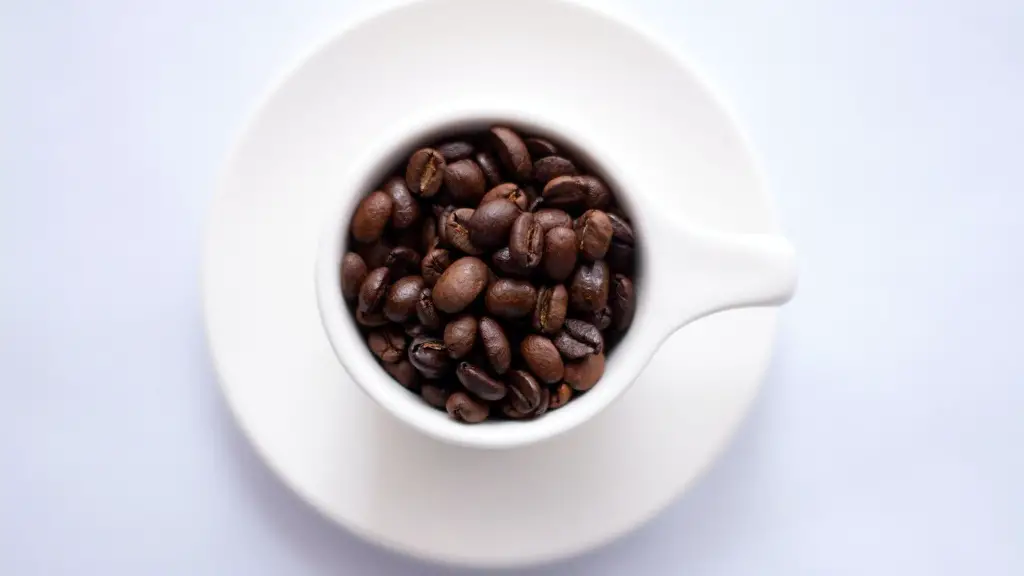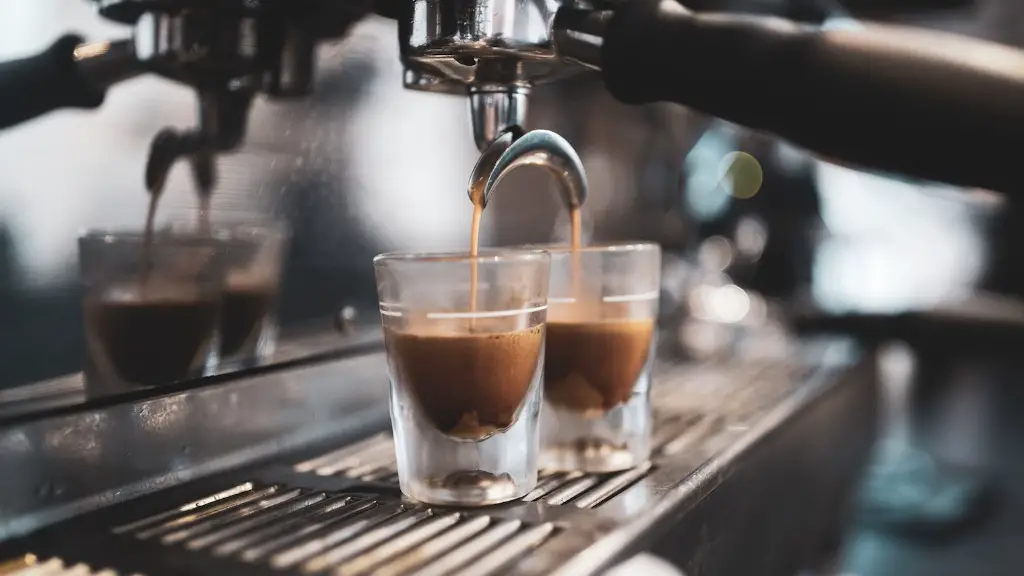Is it okay to sleep after drinking coffee?
Most of us have an occasional need for an energy pick-me-up, and that often leads to drinking coffee. But what effect does this have on your sleep pattern? Does it make sense to try and sleep after drinking coffee?
The answer is yes – while caffeine’s notorious reputation might suggest otherwise, it doesn’t mean that you can’t sleep after drinking coffee, contrary to popular belief. This is due to caffeine’s relatively short half-life, which is the amount of time it takes for your body to metabolize or process it.
Caffeine’s half-life is about five to six hours, so once it has been metabolized by your body, there is no danger of feeling the effects of the caffeine when it is time for you to take a nap or sleep. Experts agree that drinking coffee can lead to an improved quality of sleep, provided that you don’t drink it too late in the day.
However, while it is possible to take a nap or go to bed after drinking coffee, it may not be the best choice for everyone. Some people may be more or less sensitive to the effects of caffeine, which can lead to a disrupted sleep, leaving them feeling tired and drowsy during the day.
In addition to individual differences in the way people react to the effects of caffeine, it is important to take into account when exactly you have consumed caffeine. If you have just drank a cup of coffee before bed, the effects may still be felt and can disrupt your sleep even if the amount taken is not considered to be large. So, if you are planning to take a nap after drinking coffee, have it several hours before you plan to sleep.
Overall, drinking coffee before sleeping may not be the best idea for those who are very sensitive to the effects of caffeine, but for those who can handle it, the occasional cup of joe is not likely to keep you up all night.
Risks of Caffeine Consumption
Despite its potential benefits, drinking coffee before sleep can still be risky if you consume large amounts of it. Caffeine is a diuretic, which means that it causes you to urinate more often. This can lead to dehydration and can disrupt your sleep cycle if you’re not careful.
Caffeine can also interfere with the production of melatonin – the hormone in charge of regulating the body’s sleep-wake cycle. When levels of melatonin are low, it can be difficult to fall asleep, which is why drinking coffee before bed can be problematic for some people.
Similarly, caffeine can raise blood pressure and lead to a spike in energy levels, making it difficult for your body to relax and prepare for sleep. As a result, drinking coffee before bed can leave you feeling anxious and agitated, rather than rested and ready for the day ahead.
Finally, if you start to rely on caffeine to help you stay alert during the day, your body may become accustomed to needing it and this can lead to addiction. As a result, it is important to be mindful of how much caffeine you are consuming and to limit your intake during the evening.
Alternatives to Consuming Coffee
There are many ways to get an energy boost without having to rely on coffee. Eating smaller, more frequent meals throughout the day can help ensure that your energy levels stay consistent and you will be more alert when tackling tasks at work or school.
In addition to this, taking breaks throughout the day can give you an opportunity to recharge and focus your attention on something different. Taking a walk or having a chat with a friend can help you stay energized and alert without resorting to coffee.
Getting enough sleep is also important. Due to busy lifestyles and overwhelming workloads, many people may not get enough quality sleep and as a result, turn to coffee to help them stay alert during the day. Instead, aim to get seven to eight hours of sleep each night and if possible, take power naps throughout the day. This can help to keep alertness levels up and ensure that you don’t feel the need to rely on coffee.
Finally, try to avoid staring at screens for too long. Research shows that exposure to screens, such as mobile phones and computers before sleep, can lead to disrupted sleep and lead to feeling tired and drowsy during the day.
Coffee Consumption and Performance
Coffee is often used as a performance enhancer, as it can help to improve concentration and focus. Studies show that drinking coffee can lead to improved cognitive performance, including problem solving and reasoning, as well as increased alertness and attention.
Caffeine can also help to reduce fatigue and increase physical performance. This can be especially beneficial for those who are working out or participating in sports, as it can lead to improved endurance and strength.
Finally, coffee can help to increase metabolic rate, which can lead to improved weight loss. A higher metabolic rate can help you to burn more calories throughout the day, leading to a healthier body weight.
Coffee for Relaxation
Despite its reputation as an energy booster, coffee can also have a calming effect. We all know that caffeine can improve alertness and focus, but it can also act as an anti-depressant and help with regulating mood.
In addition to this, research suggests that drinking coffee could help to improve memory and even reduce the risk of developing certain neurological disorders such as Alzheimer’s Disease. So, while drinking coffee should still be done with caution, it may be beneficial to drink a cup or two in moderation if you’re looking for a mental boost.
Side Effects of Caffeine Consumption
While drinking coffee can have many benefits, it is important to note that consuming too much of it can have a range of negative side effects. For example, too much caffeine can lead to anxiety, rapid heartbeat, headaches, and even nausea.
In addition to this, over-consumption can lead to disrupted sleep patterns and the inability to fall asleep. Too much caffeine can also lead to insomnia, which can cause you to feel tired and drowsy during the day.
If you’re drinking coffee to help stay alert during the day, it’s also important to take into account the effects of caffeine withdrawal. If you become too reliant on caffeine, quitting or reducing your intake suddenly, can lead to withdrawal symptoms such as headache, nausea, and irritability. So, if you’re looking to cut back on coffee, it is best to do so gradually.
Conclusion
Overall, while drinking coffee before bed can lead to an improved quality of sleep in some cases, it is still important to take into account your own individual tolerance level, as this can have an effect on your sleep. It is also important to be mindful of alternatives to coffee, as there are many ways to stay alert during the day without resorting to excessive caffeine consumption.





